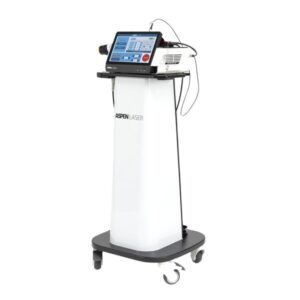
India is responsible for a startling 60% of the world’s heart disease cases, even though it constitutes less than 20% of the global population, according to public health statistics. Rising obesity and hypertension rates in younger people expose them to a greater risk of early-onset heart disease. In India, half of all heart attacks in men occur before age 50, and a quarter before age 40. Heart disease-related mortality rates are also high among women.
Lifestyle factors such as poor habits, physical inactivity, obesity, and smoking are significant contributors to heart conditions in young Indians. Elevated blood homocysteine levels, alongside diabetes, hypertension, and high cholesterol, serve as another independent risk factor for heart disease. Dr. Sameer Gupta, an Interventional Cardiologist and Head of Cardiology for the Metro Group of Hospitals, highlights the value of homocysteine testing in heart disease risk assessment.
Tata 1mg Labs recently examined data from 4609 homocysteine tests performed in Mumbai over the last two years. The findings revealed that 87.57% of the individuals tested had above-normal homocysteine levels, increasing their susceptibility to heart-related issues like blood clots, heart attacks, and strokes. Notably, women demonstrated better results than men, with only 36.84% having elevated homocysteine levels compared to 62.93% of men.
Dr. Gupta emphasizes theimportance of evaluating homocysteine levels in conjunction with other risk factors and patient information. Although high homocysteine levels signify an increased risk, there is no conclusive evidence that lowering homocysteine levels will reduce heart disease risk. However, it remains crucial to undergo regular heart health screenings and detect heart conditions early to ensure timely intervention and improved health outcomes.






